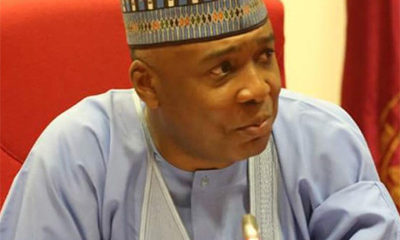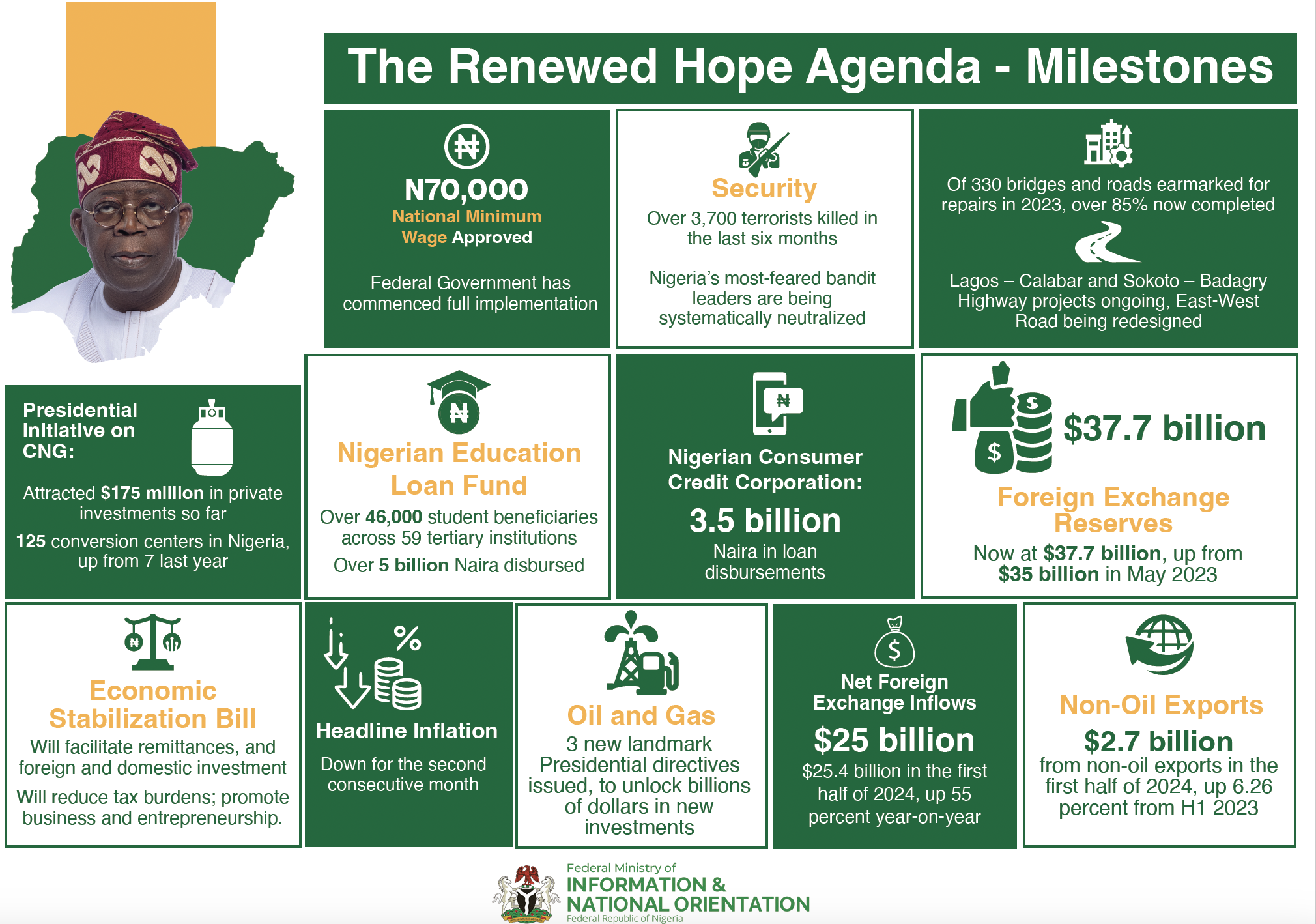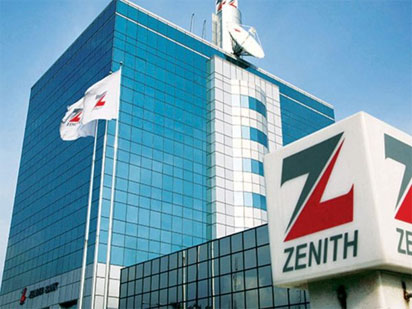The aviation industry in Africa and by extension the entire world was regaled recently with news of a whooping deal to buy 100 Boeing 737 MAX 8 aircraft by a Nigerian start-up airline, Green Africa Airways.
The deal is worth an estimated $11.7bn, the largest Boeing order from an African carrier, according to a report.
Although the order is to be split into two, the deal still remains the largest in Africa and the little known airline would be setting a record in Nigeria’s wobbling airline industry.
It is no longer news that the aviation industry in Nigeria is beset with many challenges especially the depleting fleet size among commercial airlines.
An aviation veteran, Capt. Dele Ore, attributes the depleting fleet size of Nigeria’s aviation to non-adherence to business contracts.
However, Green Africa Airways, with the massive order which Boeing has confirmed, is positioning itself to change the narrative about the industry as the airline, after receiving the order, will not only be the largest carrier in Nigeria and the West and Central Africa in terms of fleet size, it will also surpass all the existing domestic carriers in the country.
Daily Trust Saturday reports that all the operating domestic carriers, including Air Peace, which is the largest with about 30 aircraft; Med-View Airline, Dana Air, Azman Air, Overland, Arik Air and Aero Contractors, do not have up to 50 aircraft.
Observers are amazed with the temerity of the prospective carrier and how it was able to strike such a massive and multi-billion dollar deal.
Founder and Chief Executive Officer (CEO) of Green Africa Airways, Babawande Afolabi, described the deal with Boeing as historic for the Nigerian and African aviation industry.
Afolabi said, “This landmark deal takes us much closer to our long-held dream of building a world-class airline that will unlock a new realm of positive possibilities for millions of customers.
“This deal is a bold symbol of the dynamism, resilience and soaring entrepreneurial drive of the next generation of Nigerians and Africans.”
Prior to the announcement of the deal, the airline announced the appointment of Caribbean Airlines VP (Operations), Jag Singh, as Chief Operations Officer (COO), and a former JetBlue Airways VP (Flight Operations), Bart Roberts, as safety review board chairman.
Announcing the appointments, Green Africa described Singh as “a senior industry leader with over 35 years of experience.”
As well as serving as Caribbean Airlines VP (Operations), Singh twice held the role of Caribbean Airlines acting CEO from 2013 to 2014 and from 2016 to 2017.
Roberts, who was named as Green Africa Airways safety review board chairman, also has more than 30 years aviation experience, including management roles at New York-based JetBlue Airways, Dallas/Fort Worth-based American Airlines as chief pilot and with the US Navy.
Green Africa Airways is led by its CEO and founder, Babawande Afolabi, a former investment banker for Morgan Stanley. He started work on the new carrier in 2014.
VivaColombia founder and former CEO, William Shaw, is also on Green Africa’s board, and former American Airlines CCO, Virasb Vahidi, is working on the project as a senior executive advisor.
ASKY Airlines’ Boeing 737 captain, Folu Oladipo, who was a technical pilot with Nigeria’s largest carrier, Arik Airlines, is Green Africa’s chief pilot.
A former Aero Contractors Chief Pilot, Anselm Okojie, was originally named as Green Africa’s director of flight operations, but he left at the beginning of May, 2018, because of an unexpected change in his personal situation.
Similarly, the airline announced the appointment of Nathan Smith, Lara Yusuff, Kristof Hegedus and Jasmine Dhillon as Mirectors of Maintenance and Engineering, Quality and Safety, Ground Operations and Cabin Services respectively.
In a statement recently, Green Africa Airways said, “We are incredibly delighted to welcome Nathan, Lara, Kristof and Jasmine to the Founding Team. They are a group of talented industry leaders with a shared vision to build Green Africa Airways into a world-class carrier that will help create a better future for several millions of customers in Nigeria and Africa at large; not only that, they are committed to tapping into their top-notch base of knowledge and industry relationships to help train the next generation of leaders in the Nigerian commercial aviation industry.”
For many, the airline has assembled a star-studded team of aviation experts to run the airline, but beyond the massive aircraft acquisition deal and assemblage of the crème de la crème of the industry’s players, it is befuddling how the airline will kick-off operations without fulfilling the basic requirements of applying for the Air Operator’s Certificate (AOC); which is the license to operate.
Without the AOC, no airline can operate commercial flights. This is why an airline can stop operations if it has issues with the AOC.
Checks at the Nigerian Civil Aviation Authority (NCAA) show that Green Africa Airways is yet to commence the process of securing AOC which is usually a rigorous process involving five stages.
Spokesman of NCAA, Mr. Sam Adurogboye, in response to our correspondent’s enquiry about the airline, said, “No carrier with the name Green Africa Airways” was currently on its list.
The implication is that it may take the carrier another six months to commence operations even if the aircraft are ready.
An aviation expert who spoke to our correspondent said, “It is possible the airline is not planning to go into commercial flights. Maybe they want to get the aircraft and go into lease business or chartered operations. Because it is somehow if you have not made any move to apply for AOC and say you want to start flight operations.”
However, the airline claims it has acquired Air Transport License (ATL); which is less cumbersome and not as important as the AOC, for airline planning commercial operations.
According to the Green Africa Airways promoters, the airline has been established with the goal of providing “quality and affordable air travel and to be a significant contributor to the economic development of Nigeria and the African continent.”

 News6 years ago
News6 years ago
 News6 years ago
News6 years ago
 News6 years ago
News6 years ago
 News6 years ago
News6 years ago
 Politics6 years ago
Politics6 years ago
 Politics6 years ago
Politics6 years ago
 Politics6 years ago
Politics6 years ago










